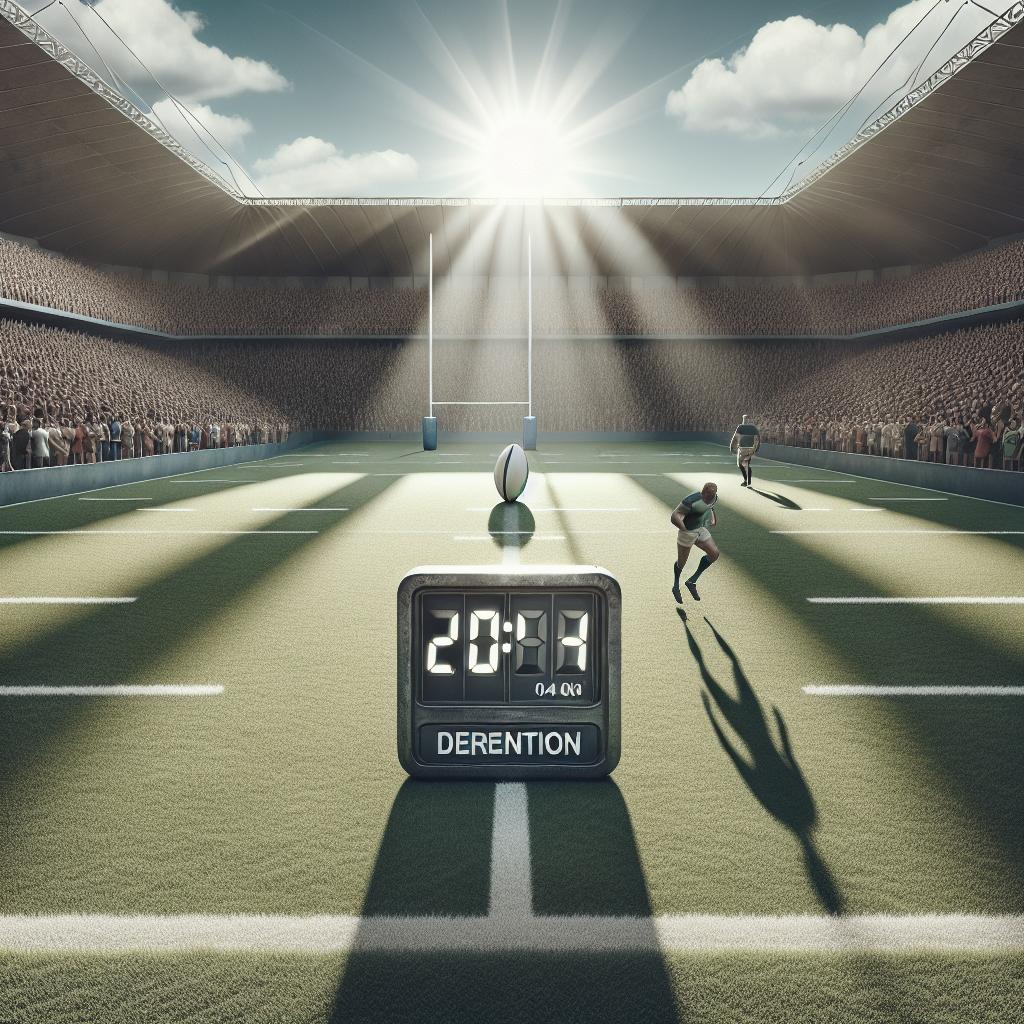“`html
Rugby is a sport with deep traditions and dynamic gameplay, captivating fans all over the world. Understanding the duration of a rugby game might seem straightforward, but it involves several nuances. This guide aims to break down how long a standard rugby match lasts, what factors can influence its length, and why those variances occur. By the end of this article, you will have a comprehensive understanding of the elements that impact the timing of rugby games. Whether you’re a new spectator or an experienced fan wanting to delve deeper, this post will provide you with the insights you need.
Understanding the Basics
A standard rugby game, particularly in Rugby Union, consists of two halves, each lasting 40 minutes. This means in a straightforward scenario, the game runs for 80 minutes of playing time. However, this timeframe excludes any added time for stoppages or injuries, which the referee determines. It’s crucial to understand that the clock stops for any significant interruptions, making the real-time duration of the game longer than 80 minutes. Similarly, in Rugby League, the format is nearly identical, comprising two 40-minute halves.
Beyond the basics, rugby matches also incorporate a halftime interval, typically lasting around 10 minutes. This break allows players to recover, receive strategic instructions from their coaches, and hydrate. Including this halftime, the scheduled time of a rugby match edges closer to 90 minutes. However, this does not account for potential extra time in knockout-stage matches where games must produce a winner. During extra time, the game can extend by 10 additional minutes each way, ensuring a conclusive outcome.
Factors Affecting Match Length
Several factors can influence the actual length of a rugby match. One of the primary factors is stoppage time for injuries. Rugby is a physically demanding sport, and injuries are not uncommon. When a player is injured, the game clock stops to allow for medical attention. Depending on the severity of the injury, these stoppages can add several minutes to the total game time. In some cases, the game might be halted for an extended period if the injury is severe, leading to significant extra time being added.
Weather conditions can also play a role in the length of a rugby match. Adverse conditions like heavy rain, strong winds, or extreme heat can slow down the game’s pace. For instance, the referee might pause the game to ensure the safety of the players during extreme weather events. Additionally, factors like high-scoring games, where many conversions and restarts are required, can also extend the match duration. Each kick at goal, whether for a conversion, penalty, or drop goal, adds time, as the clock runs during the ball preparation period.
Summary of Key Points
| Aspect | Details |
|---|---|
| Standard Game Length | 80 minutes of playing time (two 40-minute halves) |
| Halftime Interval | Approximately 10 minutes |
| Stoppage Time | Includes extra minutes for injuries and other delays |
| Extra Time | Occurs in knockout stages, adding up to 20 minutes (10 minutes each way) |
| Factors Influencing Length | Injuries, weather conditions, high-scoring games, conversions, and restarts |
“`








